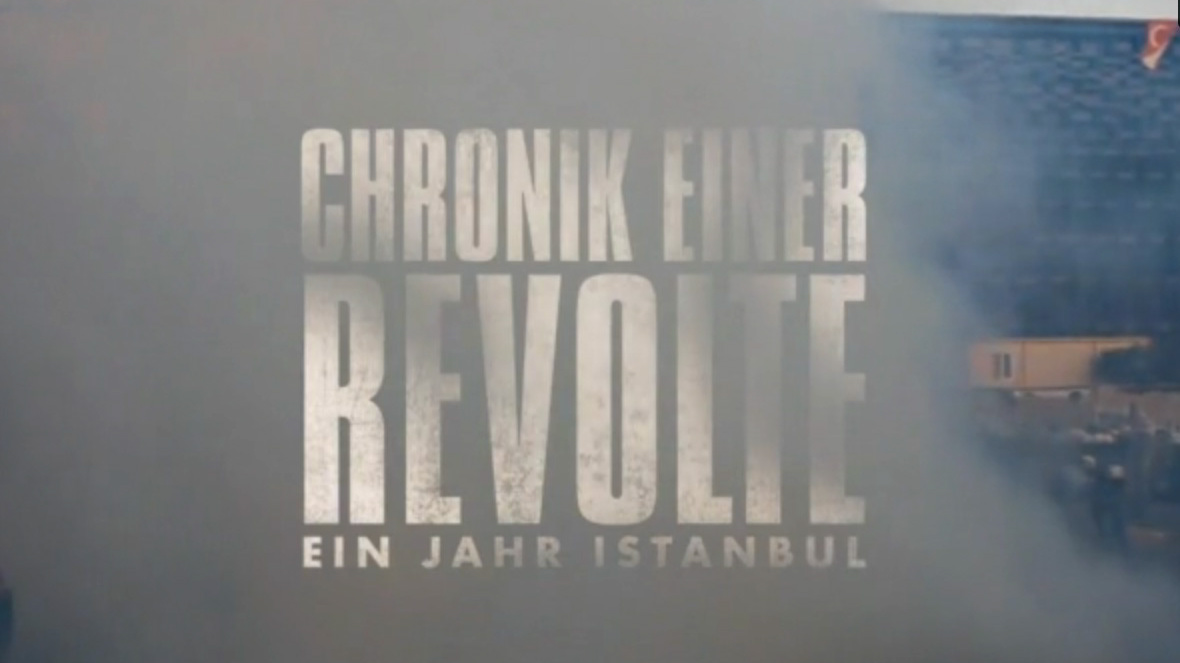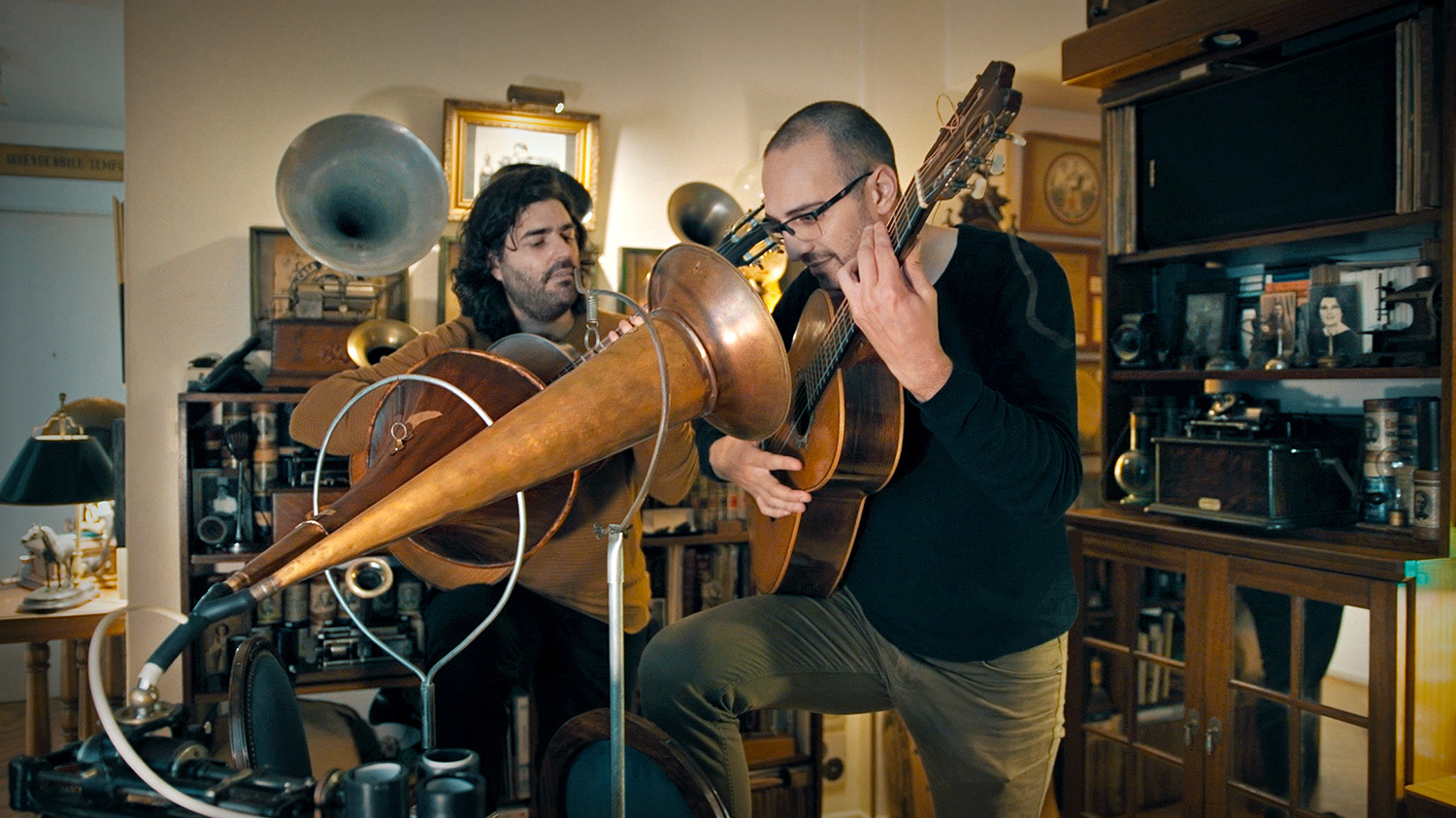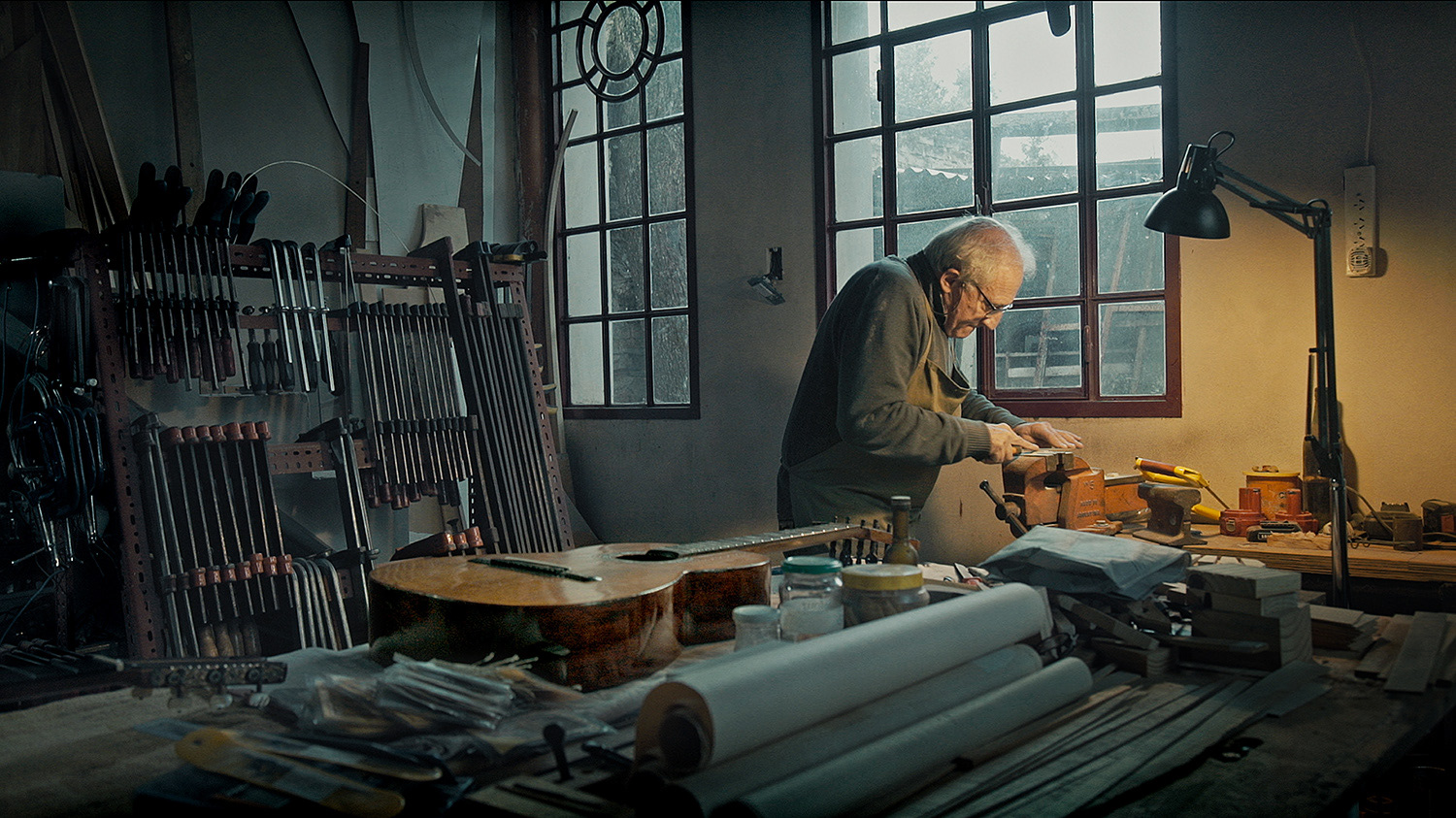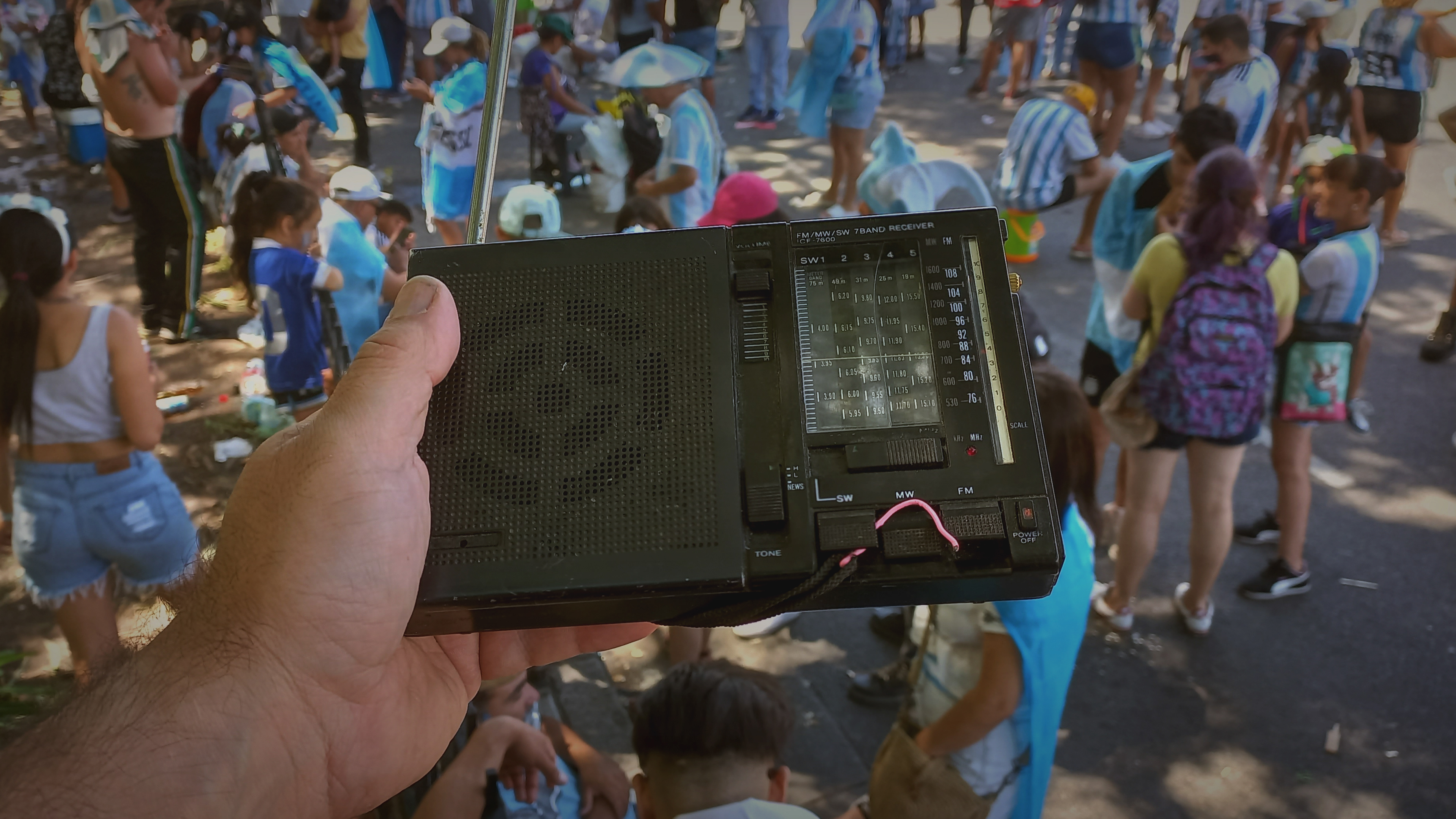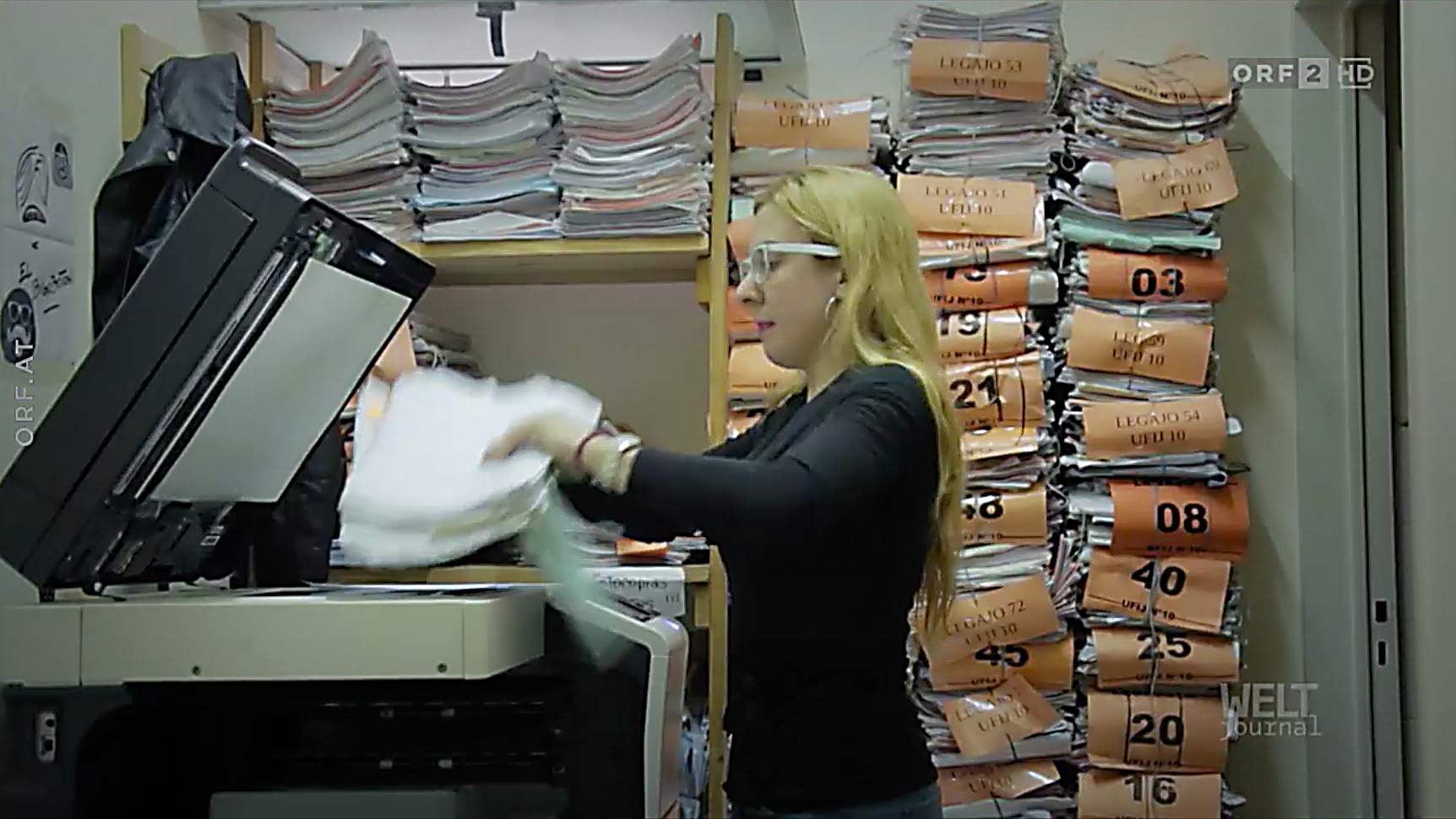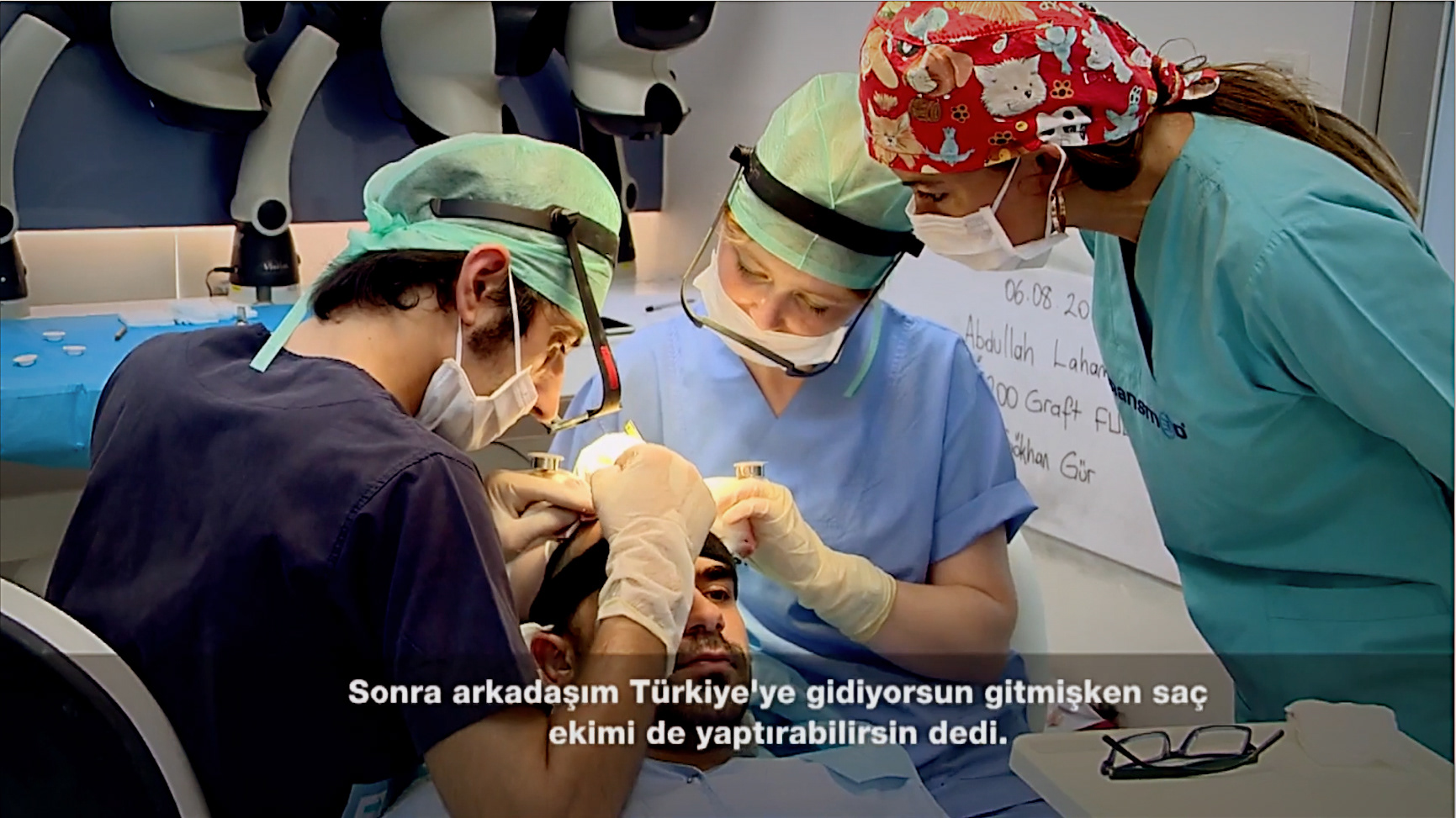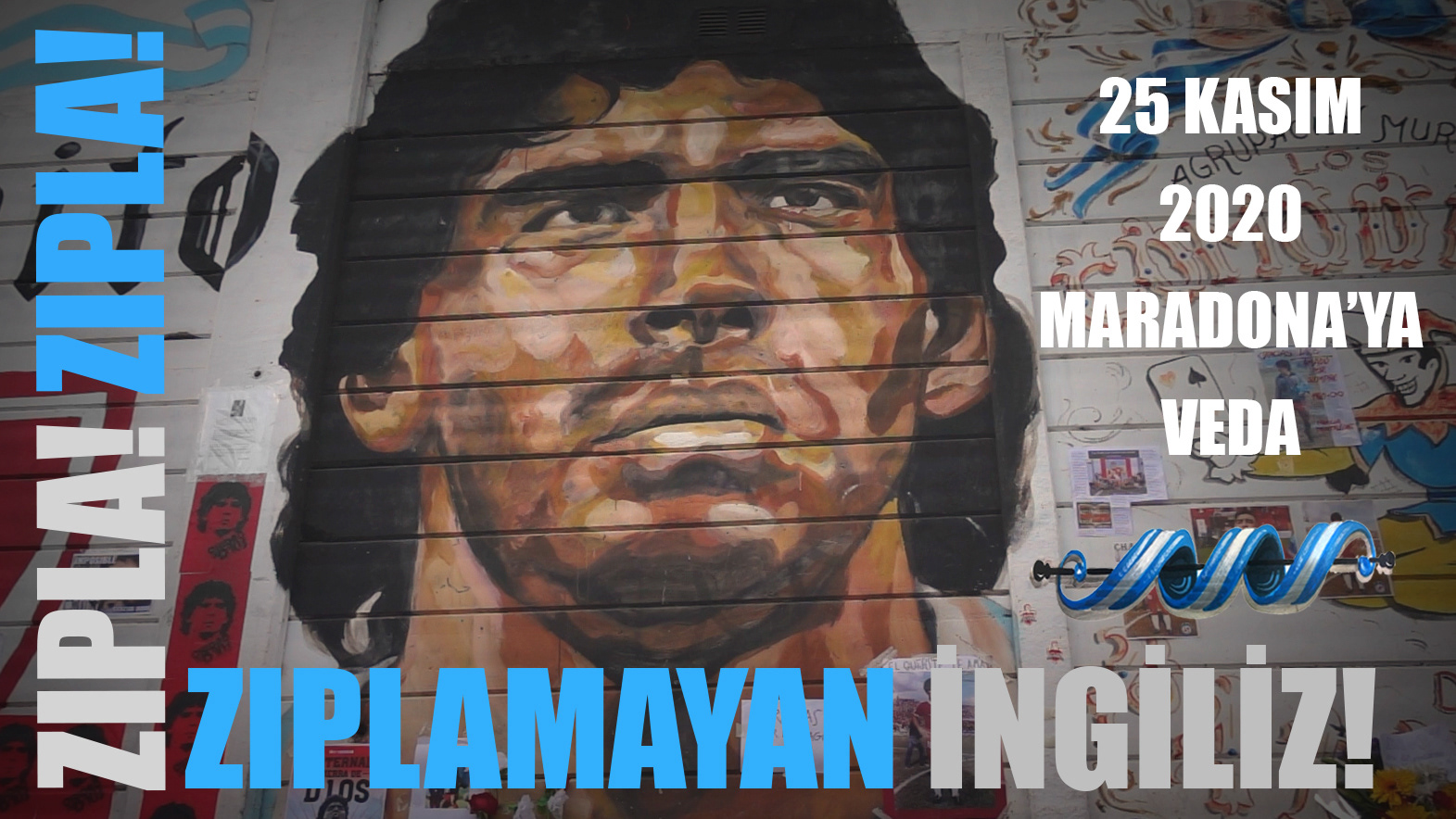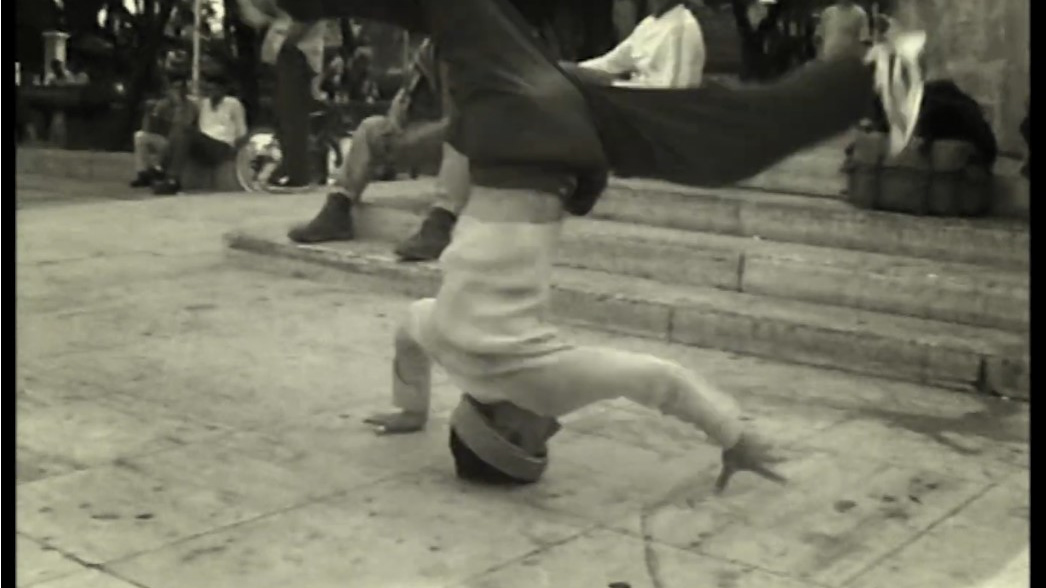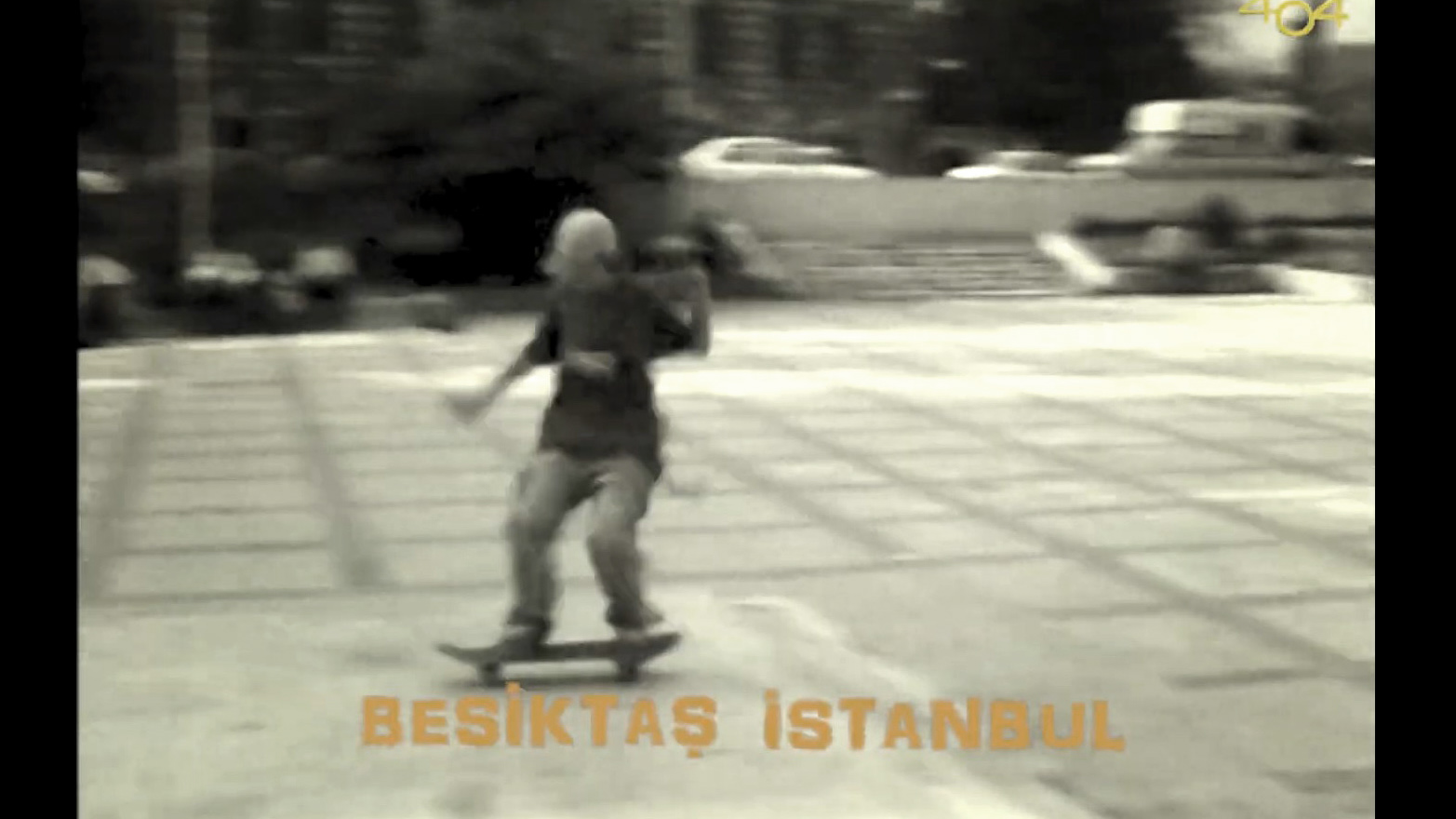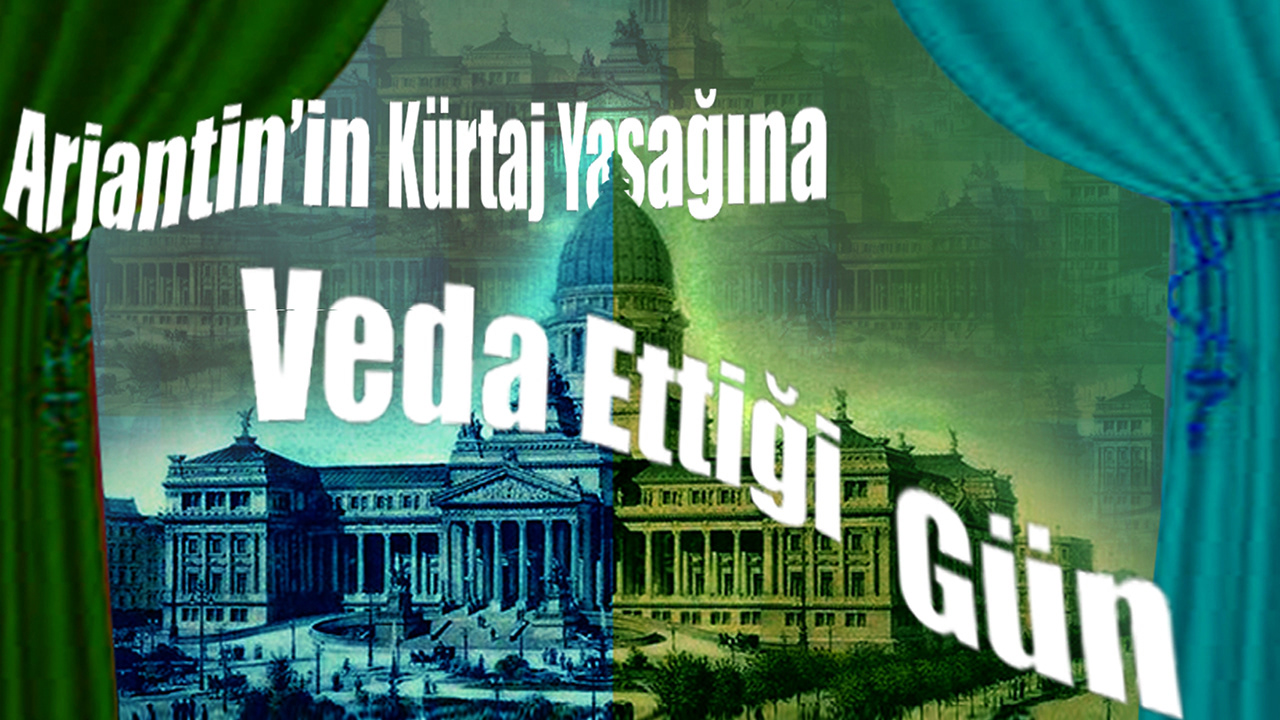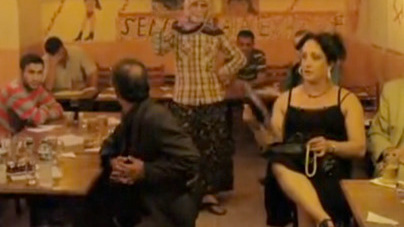REMAKE REMIX RIP-OFF
A Documentary by Cem KAYA Turkey in the 1960s and 1970s was one of the biggest producers of film in the world. TV only slowly became a commodity in Turkish living rooms since the mid 70s, so cinema together with radio was the only mass media everyone could afford. Big open air cinemas all over the country showed several movies in a row and going to the cinema with the family had always something of a picnic. The Turkish film industry “Yeşilçam” on the other hand, was both financially and structurally weak. There were no film schools, no laboratories for film negative development, the equipment was old and beaten up, the films were exposed to a harsh censorship board and working conditions were adventurous and often deadly. Last but not least Turkish movies - in comparison to their European and American counterparts - were lacking the high gloss and polished imagery, something Yeşilçam just couldn`t produce. With only a handful of screenwriters and directors, that had to cater to an always hungry domestic market, Yeşilçam strictly following the laws of profit tried to satisfy the demand by repeating the same pattern over and over. The story of the poor boy and the wealthy girl, of the brothers, separated at birth or the farmers boy coming to the big city where a staple in Yeşilçam. Soon screenwriters had told the same story in a hundred ways and were hitting a dead end. But they had something up their sleeves… With the help of basically non-existing copyright law, Yeşilçam filmmakers started producing remakes of European, American and Indian movies. But they not simply remade the movies scene by scene, they were using the movies’ soundtracks or even special effects scenes, if recreating them wasn`t an option in lack of budget. In doing that, those filmmakers became the forefathers of todays patchworking and sampling. Of course they adapted plots and characters to the taste of the Turkish audience. What they lacked in equipment and budget they compensated through excessive use of manpower both behind and in front of the camera: If Luke Skywalker hits one time, Turkish action hero Cüneyt Arkın hits a hundred times - and we know, he means it! In its 100 years of existence Turkish cinema produced more than 7000 movies (the exact number is unknown): Next to a handful of auteur films and comedies, they were mostly homegrown superhero movies, pseudo-historical Sandalenfilme, Egyptian style melodramas, Turkish giallos, Anatolian westerns, sexy comedies and finally hardcore porn. Sometimes bizarre versions of Superman, Zorro, Tarzan, Dracula, James Bond, Flash Gordon, Rambo, E.T and Star Wars, but also adaptions of movies like William Friedkin’s The Exorcist, Sam Peckinpah's The Strawdogs or Billy Wilder's Some Like It Hot, which is a remake itself. In a period of time globally and locally defined by Cold War, student protests, uprisings and censorship, some Yeşilçam directors tried to close the gap between commercial productions and their own visions as artists. But only a few like Metin Erksan or Yılmaz Güney managed to gain recognition and they paid the price for it. With the arrival of television in the mid 70s and the strict neoliberal direction Turkish politics took up after the military coup in 1980, Yeşilçam’s demise began. Soon cinemas were dominated by American blockbusters. The Yeşilçam industry tried seeking salvation in shooting porn and so called Arabesk dramas, that incorporated famous singers. But cinemas only showing Turkish movies one after the other closed their doors. Turkey saw the tragic climax of this development when in 2013, weeks before the Gezi protests started, Turkeys oldest movie theater, the famous Emek Cinema, located in Yeşilçam Street in Istanbul was torn down despite heavy protests - paving the way for a new shopping centre. The lack of organization and structure inside the Yeşilçam industry led to a devastating neglect of this part of Turkish cultural heritage. Thousands of film negatives have been forever destroyed through fires and not having copies in archives, many sociocritical movies were confiscated and destroyed during the military regime. To this day, movies of filmmakers like Yılmaz Güney are not being shown in public television. And the few university archives can only do so much to curate the copies that have survived. Cem Kaya grew up with Yeşilçam movies from Turkish video stores in Germany. His documentary illustrates the origin of copy culture of Turkish filmmakers, starting with Yeşilçam until todays television series. Because the Turkish television series market is one of the world's biggest. In Istanbul he met with directing legends, producers, actors and film scientists to capture a glance of the country's tumultuous history of movie making. Remake, Remix, Rip-Off took 7 years in making in which Kaya watched thousands of movies and conducted about a hundred interviews.
You may also like
